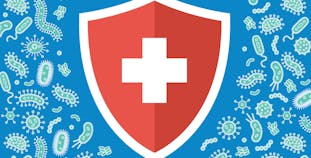Advance Online

Advance Online
Protect Yourself From a Nasty Flu Season
Adopt these simple habits and stay healthy all winter.

Adopt these simple habits and stay healthy all winter.
We use cookies to offer you a better experience and analyze our site traffic. By continuing to use this website, you consent to the use of cookies in accordance with our Privacy Policy.